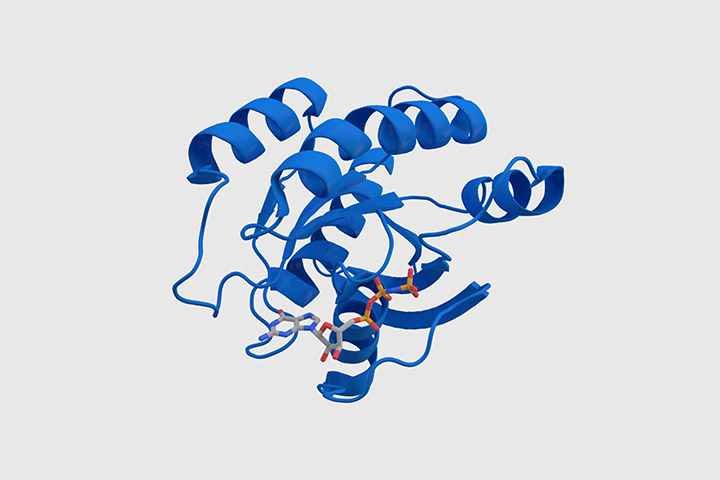Clinical Trials
Clinical trials should be every patient's starting point when it comes to pancreatic cancer. Find out about trials that are available today, and the cutting-edge research available to patients.
155 Articles

Treating Cancer By Mutation, Not by Tumor Location
Dr. Conan Kinsey outlines the latest basket trials, which focus on tumor mutation, not the location of the cancer.

Pancreatic Cancer Research Highlights from ASCO Annual Meeting
The 2025 ASCO meeting featured pancreatic cancer research including a new treatment modality and a new treatment combination.

Phase II/III Clinical Trial Recruiting Advanced Pancreatic Cancer Patients
Dr. Shalini Makawita is a primary investigator in a phase IIb/III immunotherapy clinical trial for advanced pancreatic cancer patients.

New Phase III Clinical Trial Actively Recruiting
Dr. Zev Wainberg is enthusiastic about the phase III clinical trial combining a new drug and standard chemo to make immunotherapy more effective.

mRNA Vaccine Shows Sustained Immune Activity in Small Patient Group
Dr. Vinod Balachandran reports notable antitumor response in about half to the patients in his mRNA vaccine clinical trial.

Electricity-Based Treatment Boosts Overall Survival
Dr. Vincent Picozzi is enthusiastic about the results of the PANOVA-3 trial, which uses an electricity-based technique to kill cancer cells.

A Look Back at Research in 2024
Research in 2024 focused on personally tailored treatments, countering the most difficult effects of pancreatic cancer, and clinical trials.

Using A Virus to Reach the Tumor
Dr. Tara Seery is fascinated by the potential of an oncolytic virus to make chemotherapy more effective for pancreatic cancer.

Cachexia Research Showing Promise
Dr. Teresa Zimmers reports on the latest developments in countering cachexia in pancreatic cancer patients.

A New Approach to Overcome Drug Resistance
Dr. Despina Siolas is leading one of the sites where a new drug combination to combat the effects of KRAS mutations is under trial.

Pancreatic Cancer Pain Management a Zap Away
Dr. Yaacov Lawrence discusses the results of his clinical trial using SBRT radiotherapy for pain management of pancreatic tumors.

Targeting a KRAS Variant in Advanced Pancreatic Cancer
Researchers are testing a new drug that targets KRAS variant G12D in conjunction with different chemotherapies.

A New Combination Targeting the RAS Pathway
Researchers are testing two new drugs that target the RAS pathway, to make standard chemotherapy more effective.

